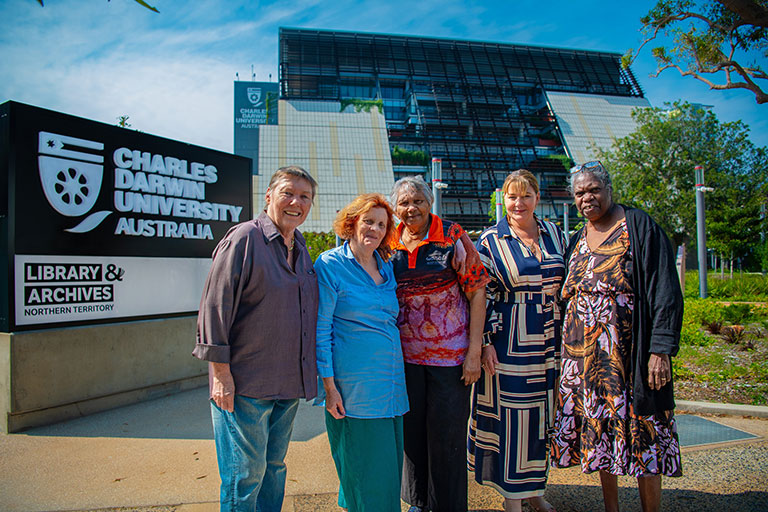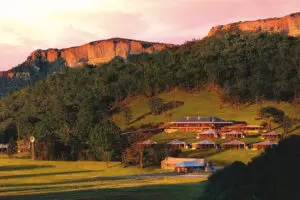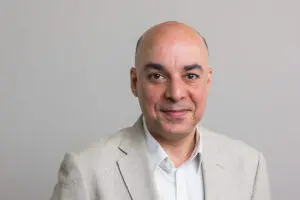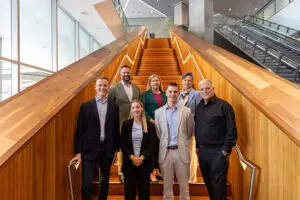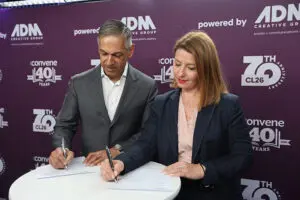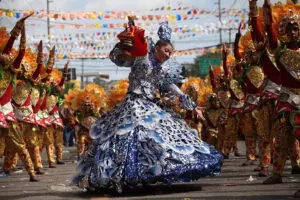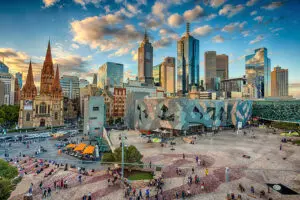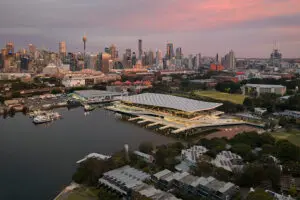Thousands of delegates from more than 70 countries are attending WAC-10, the world’s largest archaeology meeting, which attracts archaeologists, heritage professionals, anthropologists and historians, together with Indigenous leaders and community members.
The congress is being jointly hosted by Flinders University and Charles Darwin University and features scientific tours that enable delegates to engage with significant archaeological and cultural places across the NT, while a parallel cultural program showcasing Indigenous Australian cultures and practices is taking place.
Attendees are learning directly from Aboriginal teachers, artists and knowledge holders – underscoring the congress’s commitment to inclusive, community-driven dialogue about heritage and history.
“This significant event offers a remarkable opportunity to bring together leading thinkers to explore and reflect on our shared past, insights that are vital to shaping our future,” said conference academic secretary and Flinders University archaeologist, Professor Claire Smith AO, adding that a team of 200 volunteers were working on the event.
“It is estimated that we are generating millions in new tourism income, and a lot of this will go to Aboriginal-owned businesses,” said Smith.
“For Flinders University, the NT holds a special place in our archaeology teaching and research. For over 30 years our researchers have been helping to uncover the region’s deep and diverse stories – a commitment that continues to this day.”
Charles Darwin University’s Dr Kellie Pollard, said WAC-10 was more than an academic gathering.
“The WAC is an organisation for global collaboration among archaeologists and their cognate disciplines, and each WAC is also about promoting cultural and knowledge exchanges for the benefit of humanity,” she said.




